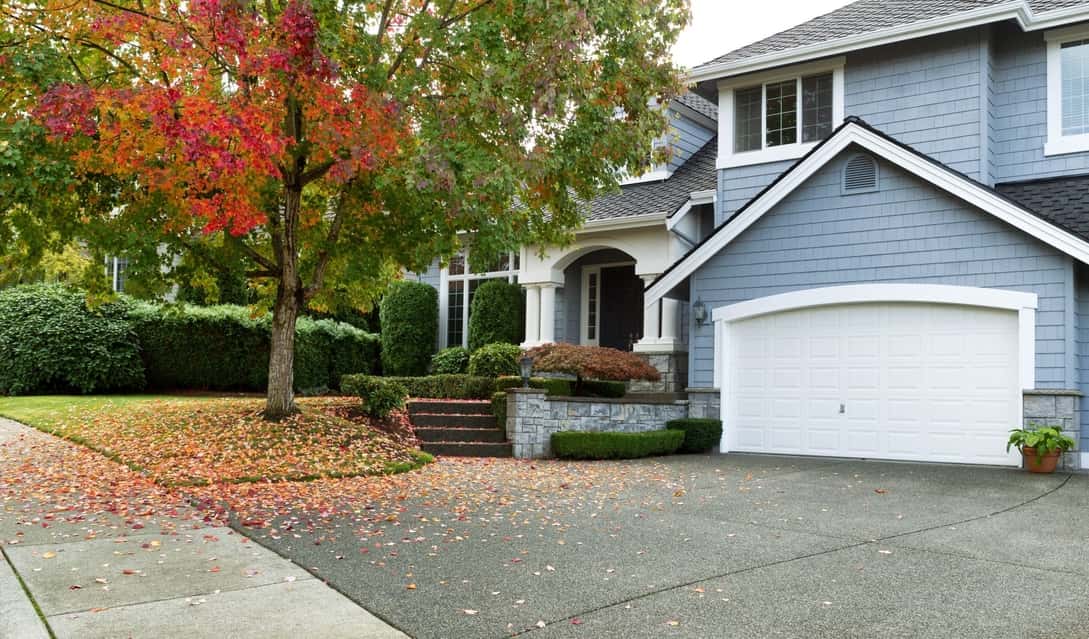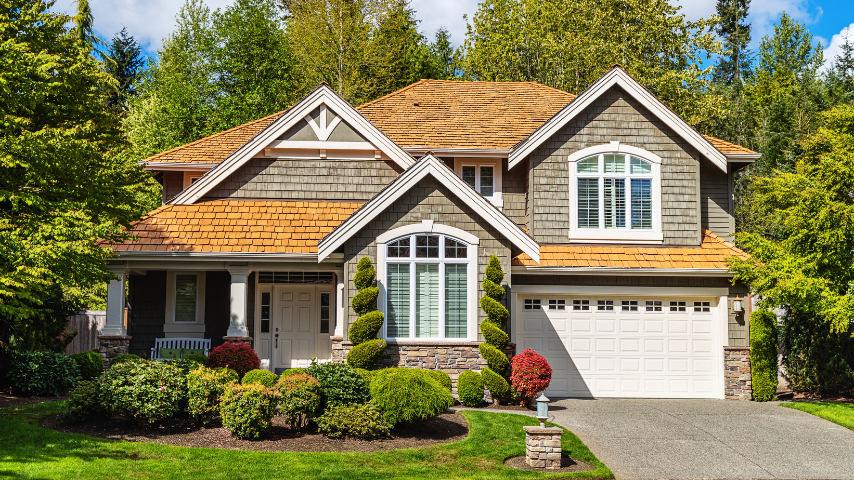Are you looking for a solid investment but aren’t sure whether to invest in rental properties or flipping houses? There are pros and cons to both, so making the right choice can be tricky. In this blog post, we’re going to dive deep into the advantages and disadvantages of each, giving you helpful information that will help you decide which investment strategy is best for your situation. From understanding total costs associated with each option to analyzing potential ROI rates –– no stone will be left unturned! So if you want to learn more about investing in real estate but don’t know where to start, keep reading as we explore all the facets of rental property and house flipping investments. Let’s get started!
Defining rental properties and flipping houses
Within the expansive realm of real estate investments, two strategies have gained remarkable popularity among investors: investing in rental properties and flipping houses. Each strategy provides unique opportunities and appeals to different types of investors, hinging on factors such as risk tolerance, investment timeline, and personal preferences.
Rental properties, a perennial favorite among investors, entail the purchase of real estate—be it residential or commercial—with the intention of leasing the space to tenants. This provides the owner with a consistent stream of rental income, essentially generating a form of passive income that has the potential to be both lucrative and steady.
Conversely, house flipping is a more dynamic and fast-paced strategy. This approach involves identifying undervalued or distressed properties, purchasing them at a relatively low cost, conducting necessary renovations to enhance their appeal and value, and then selling them for a profit. This method, while often providing quicker returns, also carries with it a higher degree of risk and requires a significant time commitment, as well as a keen understanding of the real estate market.
Both strategies come with their own set of advantages and challenges. To be successful in either, careful planning, precise execution, and a thorough understanding of the real estate market are crucial. Whether your financial aspirations lean towards generating a steady stream of income or making quicker, sizable profits, it is imperative to grasp the intricacies of both rental properties and house flipping. By doing so, you can strategically navigate your path in the real estate investment journey, aligning it with your unique financial goals and visions.
Advantages of Rental Properties:
- Steady Income: The most apparent benefit of owning rental properties is the ability to generate a steady stream of income. Depending on the location and demand, this can be a reliable and substantial source of monthly income that’s often more predictable than other forms of investment.
- Property Appreciation: Over time, the value of real estate generally appreciates, or increases. This means that you can benefit from a higher selling price in the future, making it a worthwhile long-term investment.
- Tax Deductions: Property owners can deduct certain rental property expenses from their income taxes. This includes mortgage interest, property taxes, insurance, maintenance costs, and even travel expenses related to property management.
- Equity Building: As you pay off the mortgage on your rental property, you build equity. This can serve as a powerful financial tool in the future, providing opportunities for further investment.
Disadvantages of Rental Properties:
- Property Management: Being a landlord can be time-consuming and stressful. It often involves tasks like handling repairs, collecting rent, dealing with tenant complaints, and even evicting problematic tenants. Many landlords opt for hiring property management companies, but this adds to the cost of owning a rental property.
- Vacancy Risk: There may be periods when your rental property is unoccupied. During these times, you’re still responsible for the mortgage and any other costs but without rental income to offset these expenses.
- Unexpected Costs: Owning rental properties can bring unexpected costs, including major repairs, legal fees (such as eviction proceedings), and higher insurance premiums.
- Market Volatility: The real estate market can be unpredictable. Property values and rental rates fluctuate due to various factors, including economic conditions, supply and demand, and changes in the neighborhood.
- Liquidity: Real estate, compared to other investments like stocks, is not very liquid. It can take time to sell the property if you need cash quickly.
While rental properties can provide an excellent return on investment, they require significant time, money, and effort. Potential landlords should carefully weigh these advantages and disadvantages before deciding to invest in rental properties.
Factors to consider when deciding between rental properties and flipping houses
When it comes to real estate, there are a variety of options to choose from. One of the most common choices is between rental properties and flipping houses. Both have their own unique advantages and considerations. For rental properties, you must take into account factors such as location, rental rates, and maintenance costs. On the other hand, flipping houses requires a different set of considerations, such as location, renovation costs, and potential resale value. Ultimately, the decision between rental properties and flipping houses comes down to your personal preferences, financial goals, and level of risk tolerance. Whether you choose to invest in rental properties or flipping houses, one thing is certain – with careful planning and attention to detail, both options can lead to great returns.
Types of investors that may benefit from rental properties or flipping houses
Investing in real estate can be a lucrative financial venture for those looking to expand their portfolio. Rental properties and house flipping offer unique opportunities for different types of investors to benefit. Those with a long-term investment strategy may find that rental properties offer a stable and reliable source of income. On the other hand, for those looking for a higher return on investment in a shorter amount of time, flipping houses may be more appealing. Additionally, individuals with a knack for home improvement and renovation may find that flipping houses not only offers a financial gain, but also a rewarding sense of creativity. Whatever type of investor you are, both rental properties and house flipping can be an exciting and profitable way to diversify your investments and secure your financial future.
Calculating potential returns on your real estate investments
As a real estate investor, calculating the potential returns on a property can be a daunting task. There are many factors to consider, from the property’s location and condition to the rental rates in the area. However, understanding how to properly evaluate these factors is essential to making informed investment decisions and maximizing your returns. By analyzing comparable properties in the area, factoring in potential rental income, and accounting for expenses such as mortgage payments and property management fees, you can gain a better understanding of the potential ROI for a property. While there is always risk involved in investing, taking the time to conduct thorough research and calculations can help mitigate that risk and lead to more successful investments.
Locating the right real estate market for you
When it comes to investing in real estate, one of the most critical decisions you’ll need to make is choosing the right market. Identifying a market that is poised for growth from an economic, societal and real estate perspective is the key to success. From thriving cities to rapidly expanding suburbs, the real estate market is always in flux. It can be difficult to navigate the market, but with the right research, you can find the right match for your investment goals. Understanding what drives demand in a particular area can be a pivotal factor in making a sound investment. With a bit of patience and some smart decision-making, you can locate the right real estate market for you.
With so many factors to consider when choosing between flipping houses or buying rental properties, it is important to do your research and determine which strategy fits your goals and risk tolerance best. Flip investing offers the potential for quicker returns while rental properties typically provide long-term cash flow over time. However you decide to invest in real estate, understanding the market dynamics, current trends and calculating potential returns can help ensure that you make an investment decision that suits your long-term goals. Whether you are a seasoned investor or a first-time buyer, there are real estate opportunities available that can bring success with the proper strategy. Identifying the right market for your needs and having a solid plan can be instrumental in helping you reach your desired investment outcomes. Taking the necessary steps to understand how rental property or flipping investing works is paramount before taking on any kind of real estate investment venture. Above all, finding mentors in experienced investors can offer great insight into what strategies have been successful and how they fit with your own unique approach towards investing in real estate.









